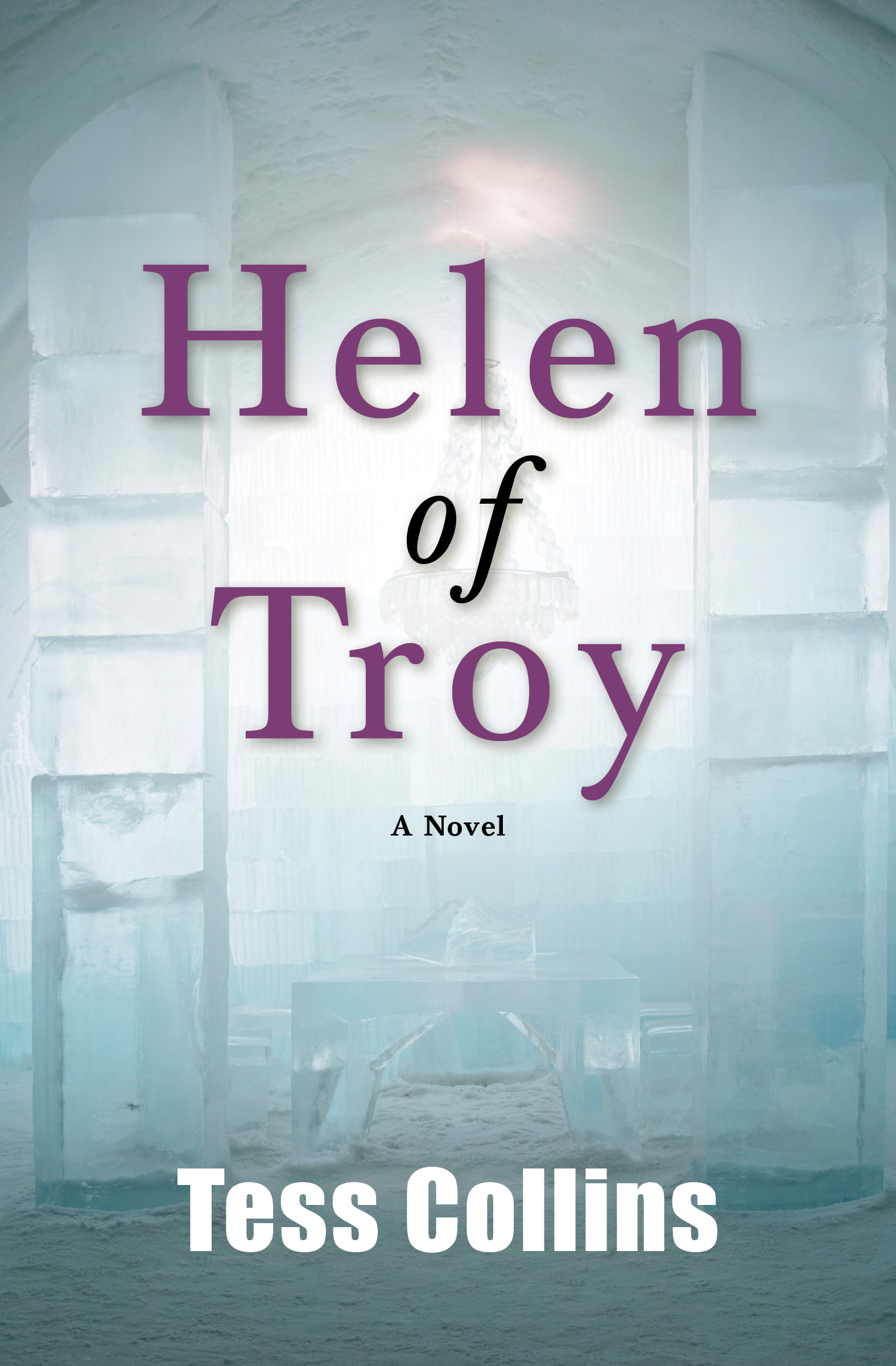

"he narrative is at its most absorbing when Briseis is on the page and observing the scheming and infighting among the Greek men and the resilience and bravery of the Trojan women.

"Immersive and textured: full of smoke from the fires, and sand whipped up by the wind that's keeping the Greek army pinned to the shore."- NPR "Pat Barker is in the process of writing the Greek trilogy by which she always intended to crown a remarkable career."- The New York Review of Books "Barker’s prose has a plain force more powerful than fancy wordsmithing she makes these long-ago events immediate … More work from one of contemporary literature’s most thoughtful and compelling writers is always welcome."- The Washington Post "This continuation of the Trojan woman's story feels like another victory for every person who was silenced by history, their story stolen from them."- Refinery29 As is her outrage."- The New York Times Book Review " insight and compassion are on full display. "Now the publication of The Women of Troy (Doubleday) brings the author back to the bloodied plains where the Greeks and the Trojans fought-here, once again, a staging ground for the battle between the sexes."- The New Yorker ONE OF THE GUARDIAN'S BEST BOOKS OF THE YEAR

She forges alliances when she can, with Priam's aged wife the defiant Hecuba and with the disgraced soothsayer Calchas, all the while shrewdly seeking her path to revenge. Largely unnoticed by her captors, the one time Trojan queen Briseis, formerly Achilles's slave, now belonging to his companion Alcimus, quietly takes in these developments. Old feuds resurface and new suspicions and rivalries begin to fester. The body of King Priam lies unburied and desecrated, and so the victors remain in suspension, camped in the shadows of the city they destroyed as the coalition that held them together begins to unravel. It does not come, because the gods are offended. Troy has fallen and the victorious Greeks are eager to return home with the spoils of an endless war-including the women of Troy themselves. A daring and timely feminist retelling of The Iliad from the perspective of the women of Troy who endured it-an extraordinary follow up to The Silence of the Girls from the Booker Prize-winning author of The Regeneration Trilogy and “one of contemporary literature’s most thoughtful and compelling writers" ( The Washington Post).


 0 kommentar(er)
0 kommentar(er)
